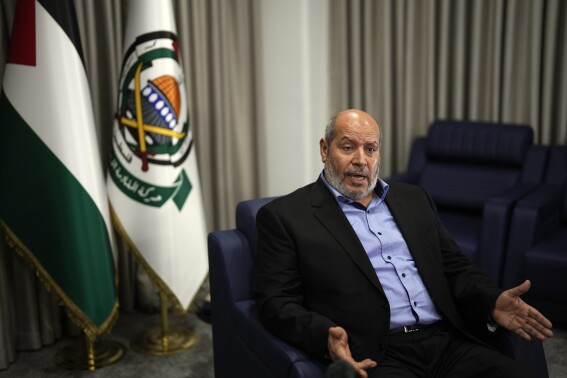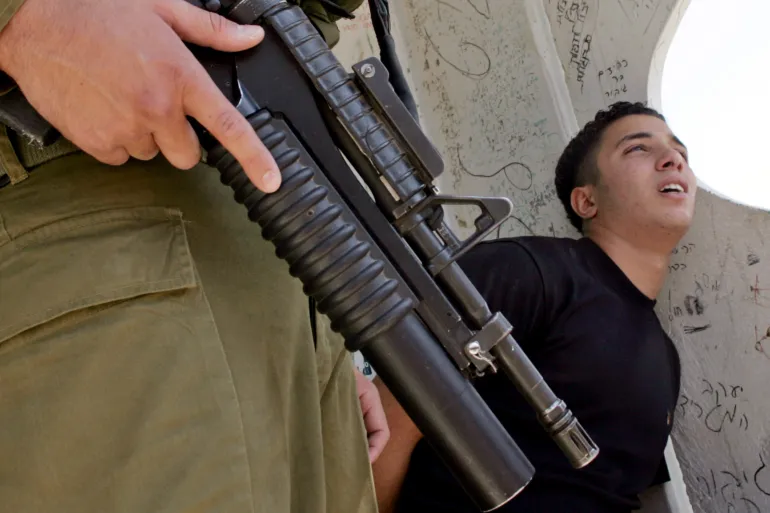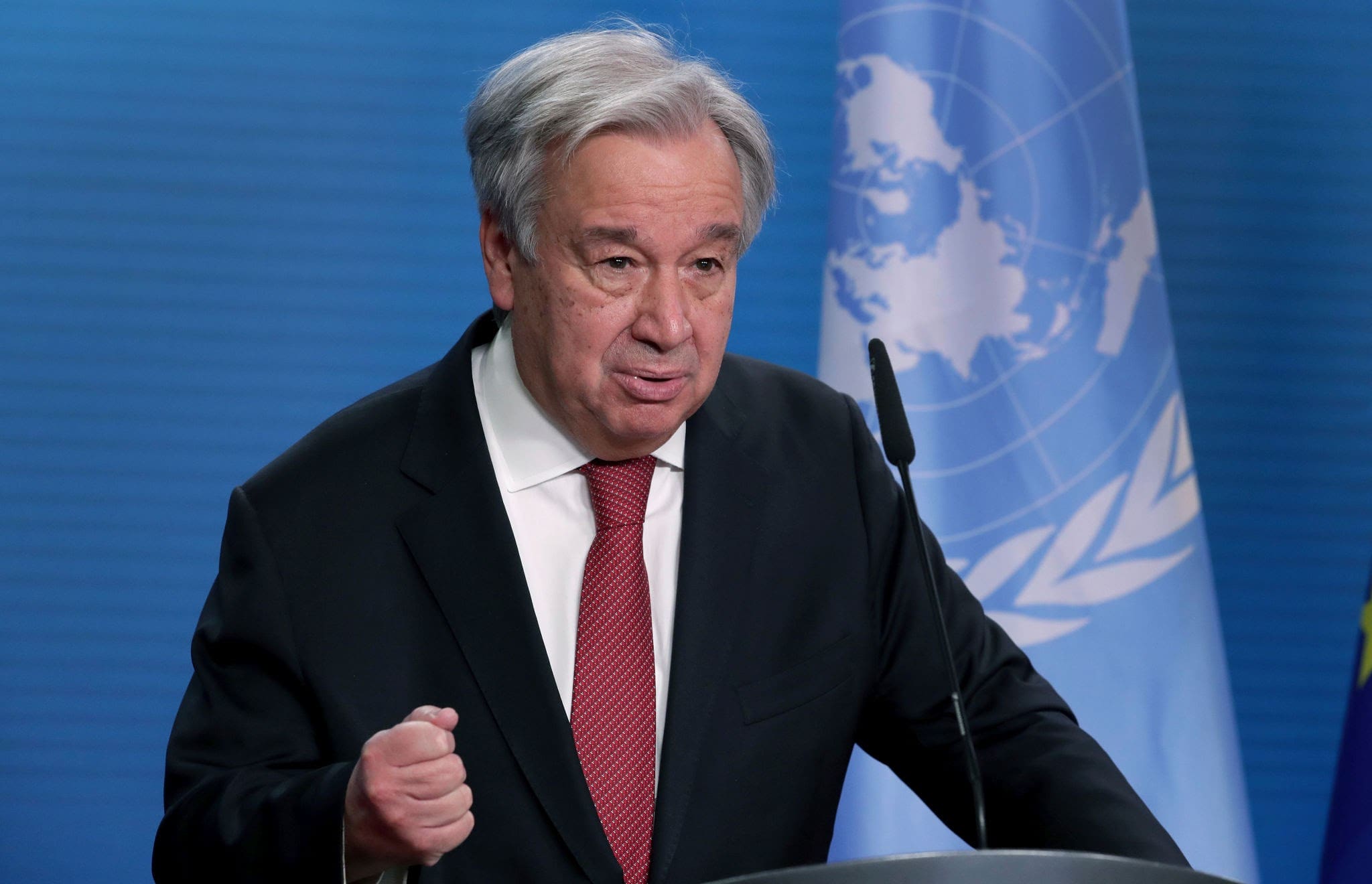Since the outbreak of the war in Ukraine, strategic relationships have formed between Moscow, Iran, and their affiliates, Hamas and Hezbollah. These relationships have tightened, forming an alliance that poses a global threat. Our chief correspondent, Yana Sorina, documents the rapprochement between Putin and the Iranian leadership, detailing the birth of this menacing alliance. This series, edited by Katya Shelevia, explores these developments.
The New World Order and the Anti-Western Axis
Since the onset of the war in Gaza, this axis has presented a united anti-liberal, anti-Western, and anti-American front. Recent months have shown significant deterioration in global relations, necessitating adjustments in Israeli policy. Historically, Israel valued its unique relationship with Russia, exemplified by the 2005-2006 meetings where joint efforts against Islamist terrorism were discussed, and Russia’s involvement in the Israeli-Palestinian conflict resolution was welcomed.
Shifting Dynamics and Emerging Threats
In January 2006, a Hamas delegation arrived in Moscow, signaling a shift in perceptions—terrorists were no longer viewed as such. By 2007, Hamas had solidified control in Gaza, while international reactions remained muted. The frequent visits and strengthened political ties between Hamas and Russia underscore the evolving threat.
The Russia-Iran Partnership: Strategic Interests
Russia’s alignment with Hamas, despite no direct evidence of support, includes the transfer of Soviet-era weapons to Gaza. Local production of Russian-designed weapons by Hamas is also reported. According to The Wall Street Journal, cryptocurrency channels are used to fund terror activities in Gaza, highlighting the complexity of these alliances.
Military and Technological Collaboration
Russia’s cooperation with Iran extends to enhanced and upgraded arms deals, joint drone production, and technology transfers for improved defense systems. These partnerships include technical support for Iranian espionage and potential collaborations in cyber and green technology domains. Hezbollah benefits from Russian arms, training for Russian forces in Syria, and the use of Iranian drones in Ukraine.
Economic Ties and Sanctions Evasion
Since 2000, the US Treasury exposed the economic network through which Iran supplied millions of barrels of oil to Assad’s regime via Russian companies. The Syrian Central Bank funneled cash to Hezbollah, Hamas, and the Iranian Revolutionary Guards. More recently, Iran and Russia established interbank communication to bypass the SWIFT system, as highlighted by the British-Russian institute.
The Role of Hezbollah and Hamas
Hezbollah facilitates arms smuggling globally, acting as an operational contractor for both Iran and Russia. Weapons used by Hamas in the October conflict were traced back to Iranian, Chinese, Russian, and North Korean origins. This lifecycle of arms, with Hezbollah passing older weapons to Hamas and receiving advanced weaponry in return, underscores the persistent and evolving nature of these threats.
Conclusion: A Global Threat
The intricate network of alliances, arms deals, and economic ties between Russia, Iran, Hamas, and Hezbollah continues to pose a significant threat to global stability. These relationships are marked by mutual interests and strategic collaborations, impacting regions far beyond the Middle East.






